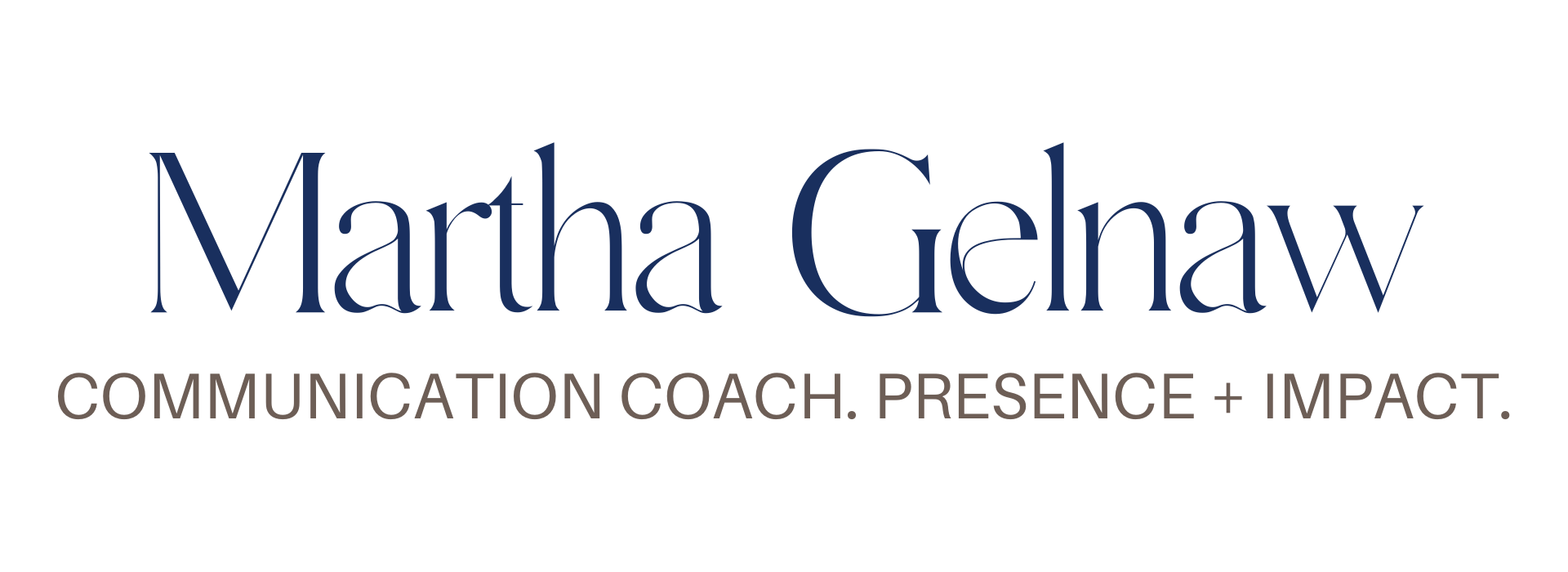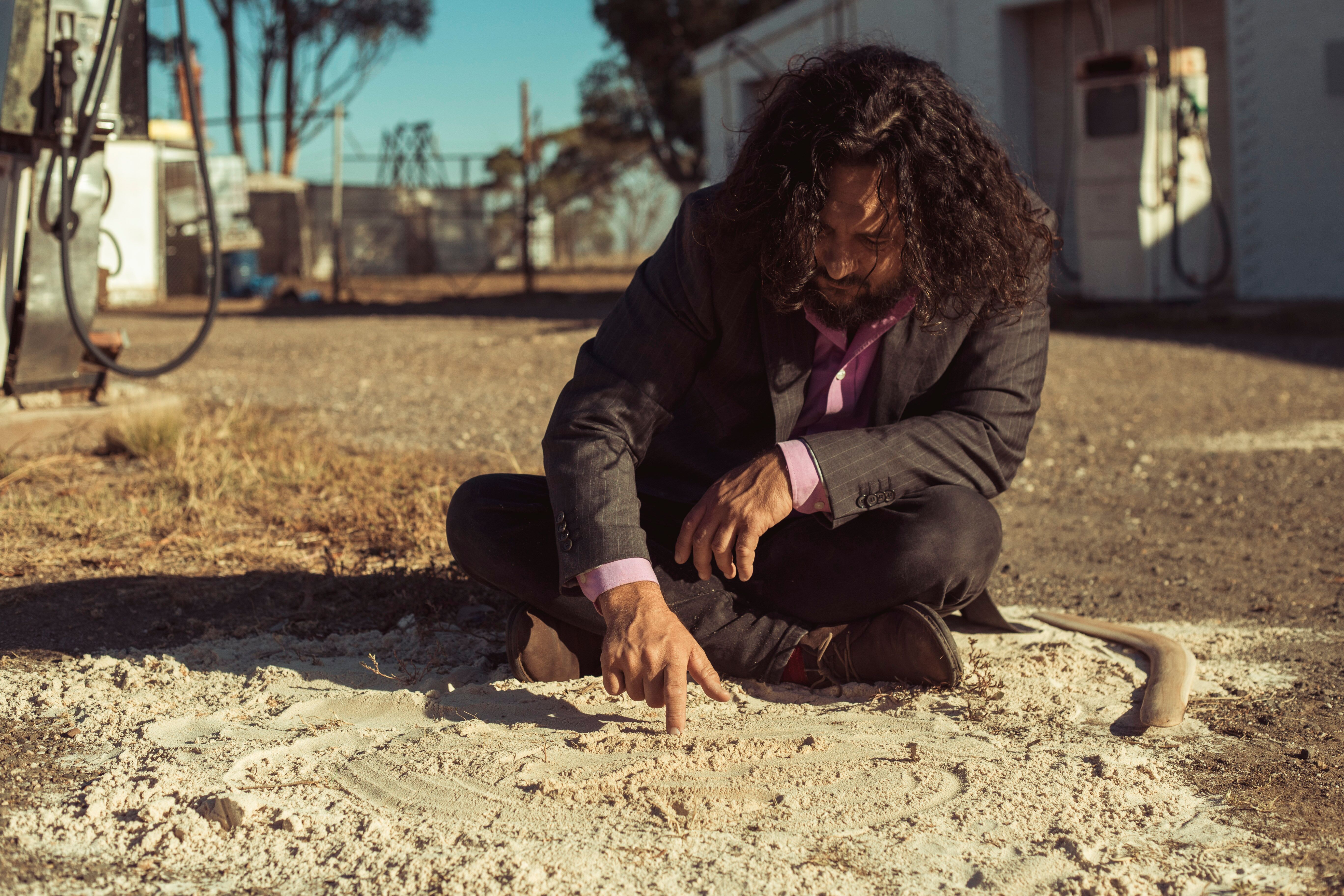Indigenous thinking can help us to save the world – but right now we have it all backwards.
I learned so much from reading Tyson Yunkaporta’s book, Sand Talk: How Indigenous Thinking Can Save the World*.
First, there is a manner in which Tyson Yunkaporta, a First Nation’s writer, professor, philosopher from the Aboriginal Apalech Clan in Australia, receives and exchanges wisdom. It is through what he calls Yarns.
Yarns are a type of conversation with another term he uses, Us-two. It is an equal exchange of listening. No one is looking to gain greater status or convince the other person. It is a manner in which to exchange wisdom and learn from each other.
In closing his book, Tyson offers a practice for our interactions that continuously transfers knowledge, energy and resources to great benefit.
A Yarn that Yields Indigenous Wisdom
Tyson refers to a Yarn with an Elder, Mumma Doris Shillingsworth, about the Indigenous ways of valuing, ways of being, ways of knowing and ways of doing.
She referred to this as Respect, Connect, Reflect and Direct. He calls it spirit (energy), heart, head and hands.
Unfortunately, most organizations have it backwards like this – Direct, Reflect, Connect and Respect.
This reverse sequence results in a failure of organizations to realize their intention.
Invert the process. This way you’ll be able to approximate Indigenous Knowledge to work toward regenerative solutions in your business.
The first step of Respect is aligned with values, of introductions, and setting boundaries. This is the work of your spirit, your energy, your gut.
The second step, Connect, is about building strong relationships and exchanges that are equal for all who are involved. This is your way of being is your way of relating. This is the work of your heart.
The third step, Reflect, is thinking – as part of a group collectively creating a shared body of knowledge to inform what you will do. This is the work of the head.
The final step, Direct, is about acting on the shared knowledge in ways that are negotiated by all. This is the work of the hands.
Adopt this practice and reap the rewards of this wisdom.
Respect, Connect, Reflect, Direct – in that order. Feels like a good plan to me.
I recommend reading Sand Talk. It is written by a highly gifted, thoughtful, eclectic and intelligent man. He is wry, brutally honest and with a wicked sense of humor.
Photo credit: Disruptur at Deakin University, Melbourne


